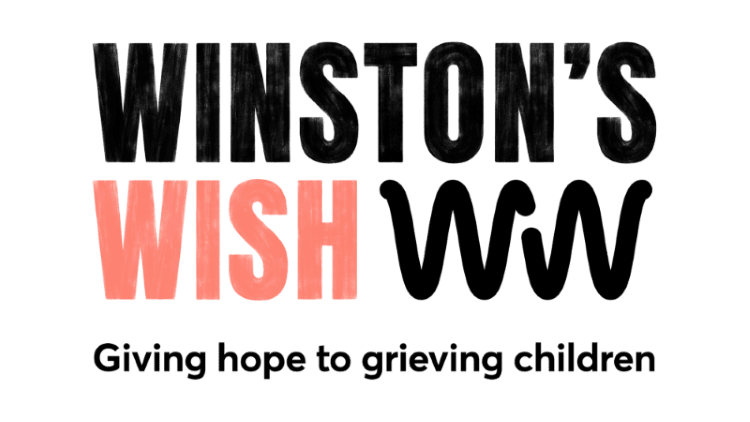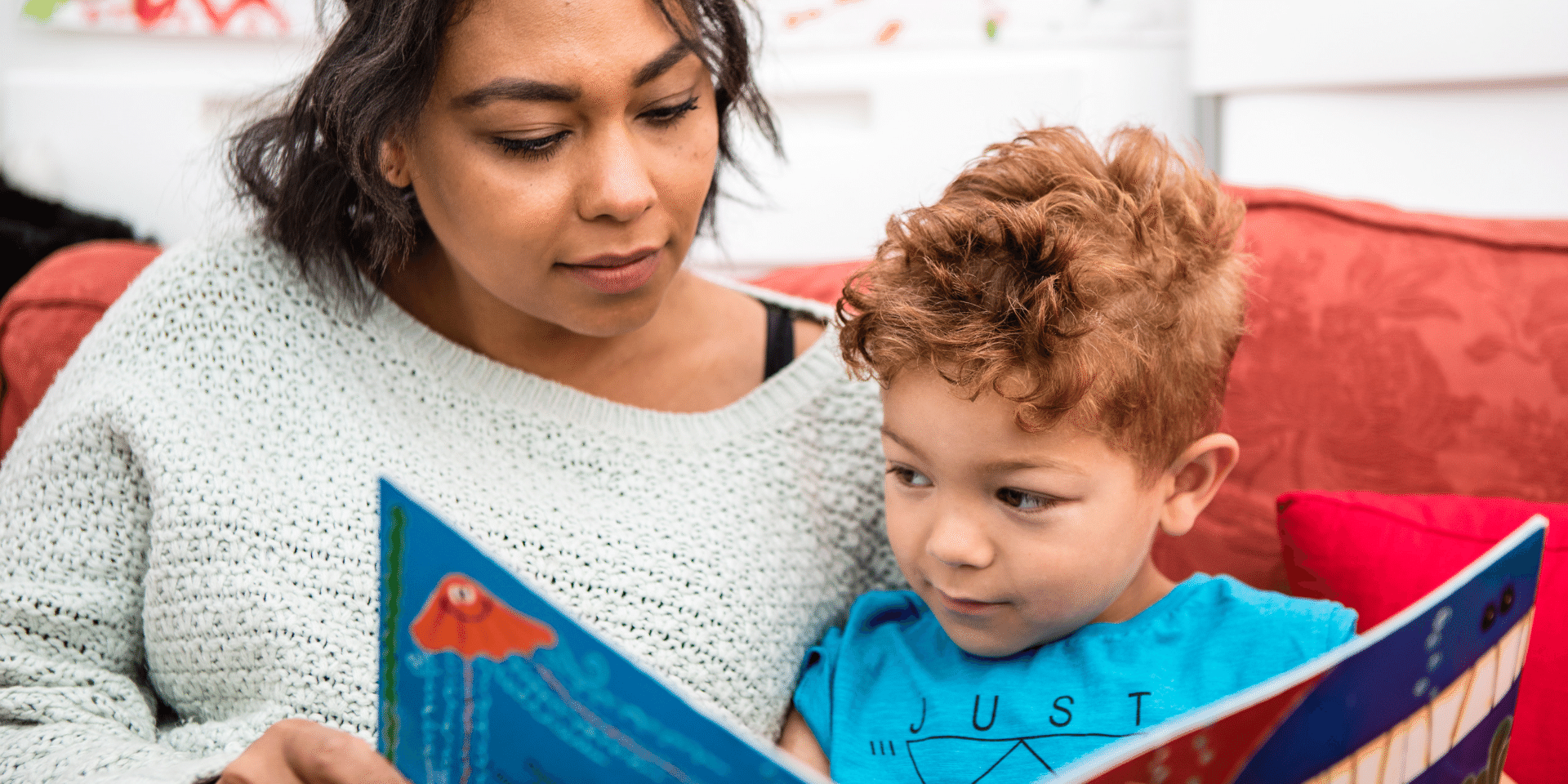Reading stories that are based on grief to children can be a really good way of helping them to explore feelings and emotions around loss.
Through encouragement and questions, you can help your child to explore how the characters are behaving and feeling and enable them to see similarities, or differences, to how they themselves are feeling, or exhibiting their grief through behaviour.
This can then lead to discovering ways to cope and manage difficult feelings, such as sadness, anger, confusion and many more. Always and Forever by Alan Durant and Debi Gliori is a good example of this. The animals isolate themselves and stop doing the things they always did, until they start to allow themselves to remember their friend who had died and the range of memories around him.
Books can also be an excellent way to help children make sense of illness, death and dying. The Secret C by Julie A. Stokes is a booklet that explains cancer in simple terms and answers some of the questions that those trying to explain often find so difficult.
When Dinosaurs Die by Laurie Krasny Brown and Marc Brown explores the many different causes of death. This can allay the fear of hearing that someone ‘goes to sleep and doesn’t wake up’, which can lead to fear of going to bed as you might die. Or dying from ‘being poorly’, which again can lead to a fear of every time they hear someone is poorly that this will lead to death, when ‘poorly’ can be a simple cold that is easily recovered from.
Two other booklets for pre-school children are by Elke Barber and Alex Barber called Is Daddy Coming Back in a Minute?, which explains death in very simple words for pre-school children, and What Happened to Daddy’s Body? which explains burial and cremation. Although these books are written for pre-school children they can be useful for slightly older children, as we know children can regress when experiencing grief and so storybooks for younger ones can be helpful for some.
What is always worth remembering is that one book may be right for one child, but not for the next. Some families have explained how a book can be just right, while other families have felt the content is too much. So what we always suggest is, have a look first and if it doesn’t feel right, take the bits you find helpful to assist conversations.
These are just a few of the books we recommend. We have published a number of books covering topics like death from serious illness and suicide, which you can find here and you’ll find a more extensive suggested reading list here.
If you need advice or guidance on supporting a bereaved child then please contact us – you’ll find all the details on how to get in touch here.


